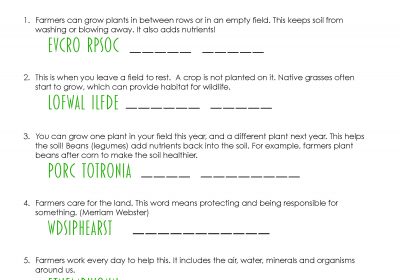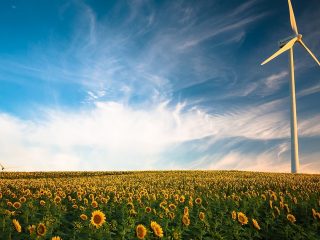Do farmers waste water?
Water is necessary to grow plants that provide food, fiber and shelter for the world. Agriculture production in the U.S. accounts for approximately 80% of the nation’s “consumptive water use.” “Consumptive water use” is the term that describes water used and not returned to the original source. However, when we use water in our home, or when an industry like agriculture uses water, about 90 percent of the water used is eventually returned to the environment where it replenishes water sources and can be used for other purposes. But of the water used for irrigation, only about one-half is reusable. The rest is lost by evaporation into the air, evapotranspiration from plants, or is lost in transit. While agriculture requires significant water to grow crops and raise animals, unused water returns to the ecosystem. Farmers are focused on conserving water for several reasons: 1) Farmers know water wasted could mean a lack of the resource for future crops. 2) Water is expensive. Water wasted is money lost. 3) Farmers are cultivators. They use precise technology to know exactly how much water a plant needs to grow. Too much could mean poor production. 4) Many farmers rely on Mother Nature for water.













